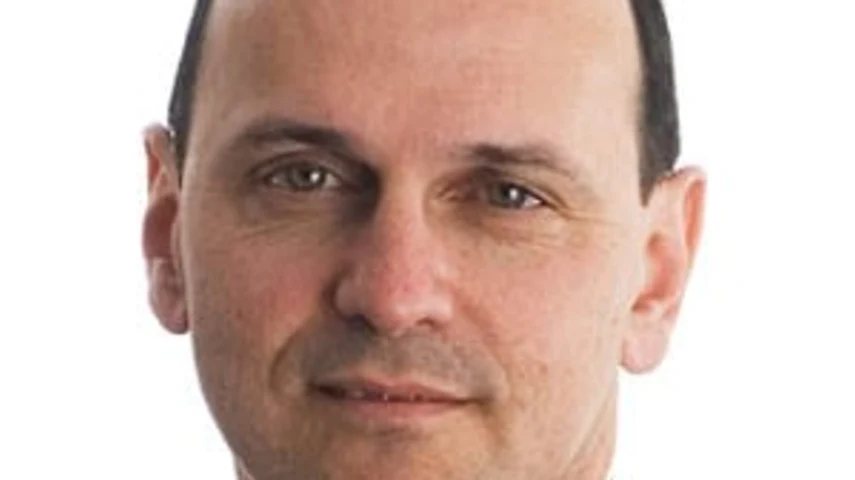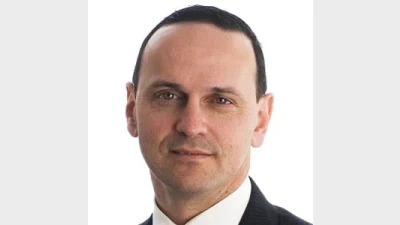Adopting solutions to changing markets



As a pure investment house, BTIM believes asset management firms are steering towards providing more solutions than just beta products, as investors demand more income in a low interest rate environment.
As clients demand more than just growth or beta products in a low interest rate environment, BT Investment Management's chief executive, Emilio Gonzalez, believes asset managers with access to multiple asset classes could use diverse strategies to generate income.
As regulations and compliance obligations increased, large asset managers were equipped to combine different capability sets into the one product without distracting investment managers, he said.
"The large asset managers can provide scale, and a lot of clients are looking to benefit from scale, and given the growth of superannuation, they can provide solutions beyond one asset class," he said.
BTIM was listed on the Australian Securities Exchange in 2007, after being acquired by Westpac in 2002, and listed as a separate investment business from BT Financial Group.
As a pure investment management house, BTIM's focus in the recent past has been to meet the growing income needs of the retiree market and investors looking for alternatives to what used to be a higher interest rate environment.
BTIM aimed to design products that would pay out a monthly income, but also grow the capital at inflation rate at the very least, to maintain the purchasing power of the investor. Less risk-averse investors could look at equity options for higher income.
This, in turn, fulfilled the requirement of the financial adviser or planner looking for solutions rather than just products to construct a portfolio based on the client's needs.
"More and more in asset management, firms that can provide comprehensive solutions rather than one component of it is appealing to them because they're dealing with one asset manager rather than multiple asset managers trying to come up with solutions," he said.
Along with this thirst for income, Gonzalez said investors increasingly saw the importance of offshore investments.
"Perhaps the catalyst has been the decline in the Australian dollar versus the offshore currency," he said.
"People are also saying, well, if I'm not going to get much growth out of markets and my interest rates are down, I should be looking at other areas where I can generate income and grow that over time," he said.
However, the benefits of franking credits in the dividends Australian companies paid have meant domestic bias remained in Australian investing.
FOCUSING ON ADVICE
Planners engaged more in choosing asset allocations and analysing investment options a decade ago but increased regulation and compliance meant much of this was centralised to the fund manager.
Advisers increasingly leaned towards providing a holistic value proposition for the client beyond investment, and focused on areas like estate planning, superannuation and managing retirement products.
"The number of products on approved lists is shrinking, and more and more firms are centralising the portfolio construction at head office and allowing the planner to focus on all the other aspects around financial planning," he said.
However, financial planners and advisers continued to show interest in investing directly in Australian equities.
Gonzalez said this was particularly noticeable after the global financial crisis.
"A component of that has been the fact that the market has been concentrated and holding a few large stocks gives exposure to a reasonably large component of the market," he said.
Portfolio construction is a full-time job and advisers considering it need to dedicate time to understanding the movement in markets, fundamentals, macroeconomic outlook, bottom-up valuations, and asset classes.
In a world where information travelled at lightning speeds, asset allocation was as much an emotional decision as it was economic.
"When you see markets decline two, three, four per cent in one day, you wake up the next morning and it's terrible news on the front page of the newspaper, do you stick to your guns, do you change it, or do you have measured reactions?" Gonzalez asked.
Recommended for you
Despite the year almost at an end, advisers have been considerably active in licensee switching this week while the profession has reported a slight uptick in numbers.
AMP has agreed in principle to settle an advice and insurance class action that commenced in 2020 related to historic commission payment activity.
BT has kicked off its second annual Career Pathways Program in partnership with Striver, almost doubling its intake from the inaugural program last year.
Kaplan has launched a six-week intensive program to start in January, targeting advisers who are unlikely to meet the education deadline but intend to return to the profession once they do.











